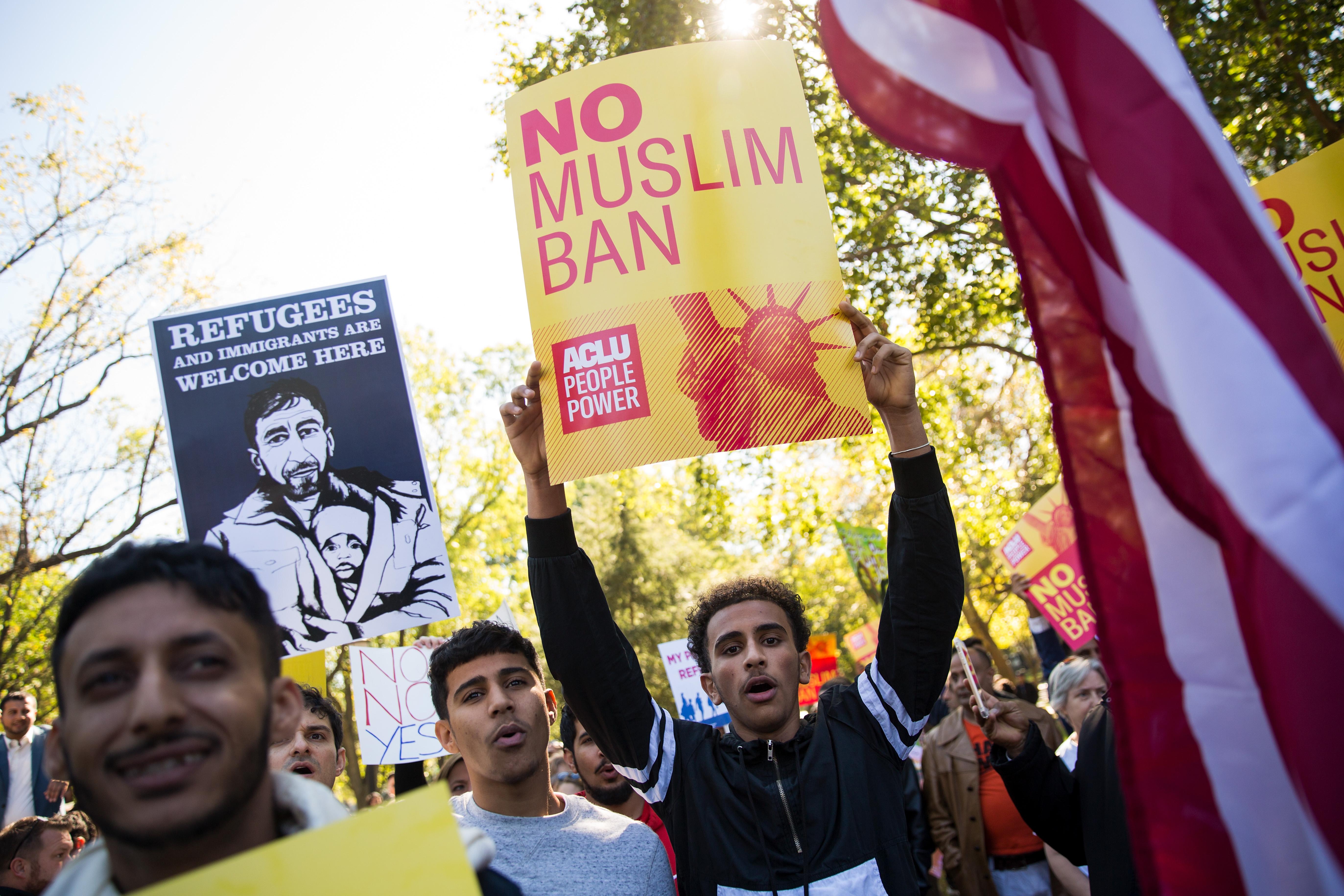The Supreme Court has allowed the current version of President Trump’s travel ban to go into full effect while legal challenges to it go forward. Justices Ruth Bader Ginsburg and Sonia Sotomayor were the only dissenters to the unsigned order.
Last month, a panel of judges on the 9th Circuit Court of Appeals modified an injunction issued by a Hawaii federal judge that prevented the current ban from going into effect for the six Muslim majority countries it names: Chad, Iran, Libya, Somalia, Syria and Yemen. The 9th Circuit’s panel ruled that “foreign nationals” from those countries with credible claims of “a bona fide relationship with a person or entity in the United States” could be allowed into the country.
The Supreme Court’s decision today allows the Trump administration to bar entry to people from the listed countries while legal proceedings regarding the ban continue.
This is a developing story.
